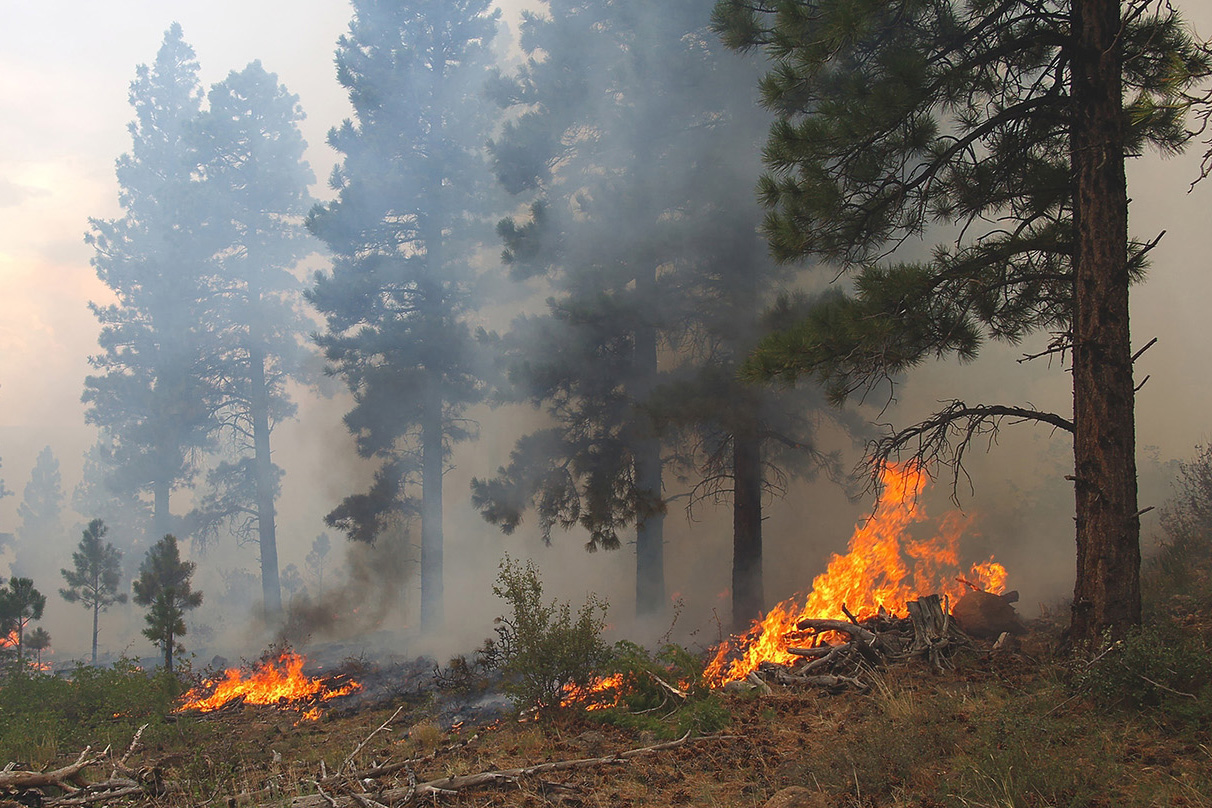
Accelerating Air Quality Forecasts
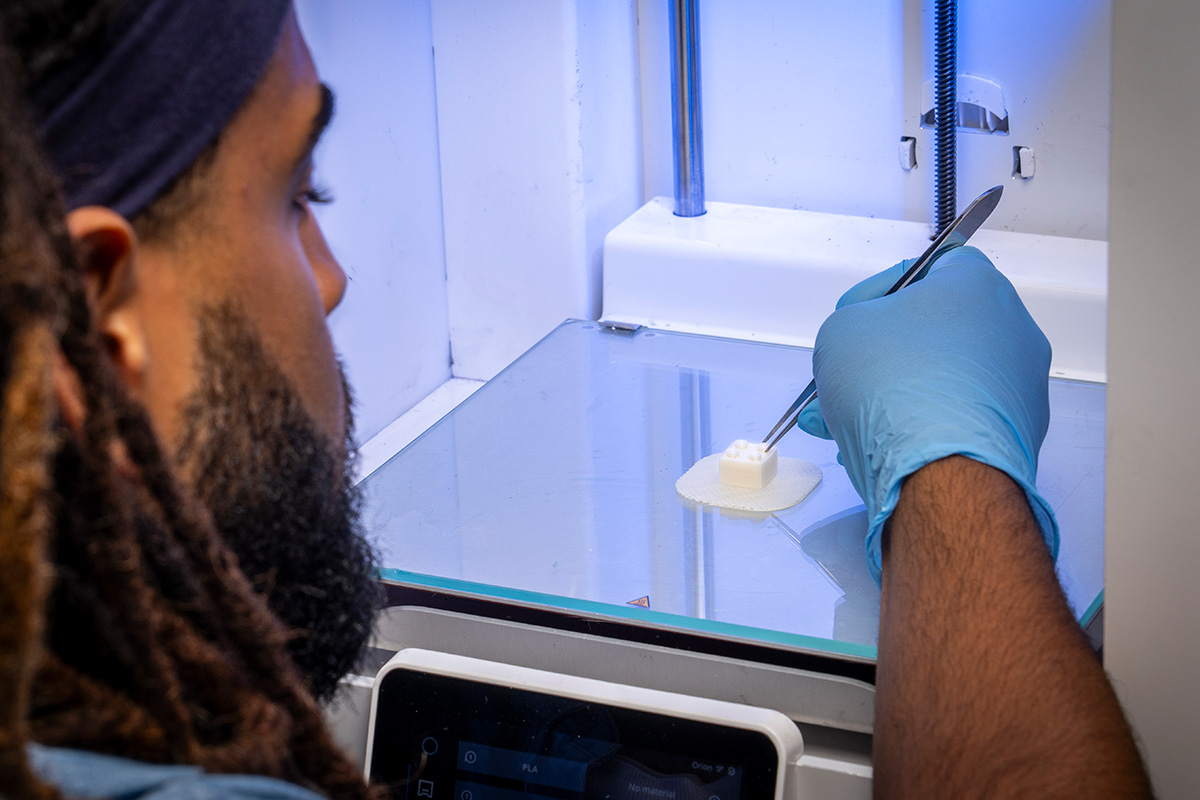
Advancing Biomanufacturing for National Security
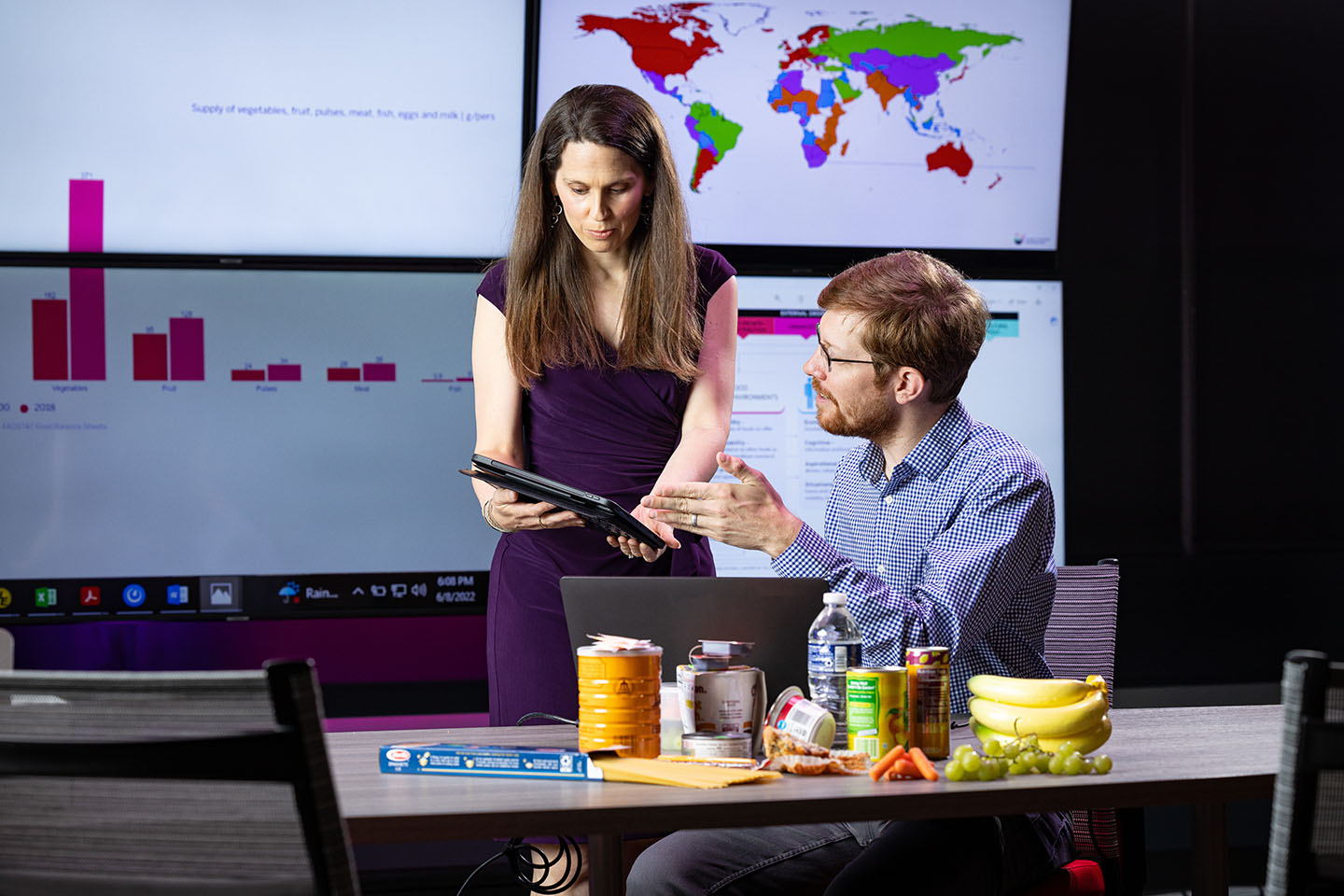
AI for Climate Intelligence
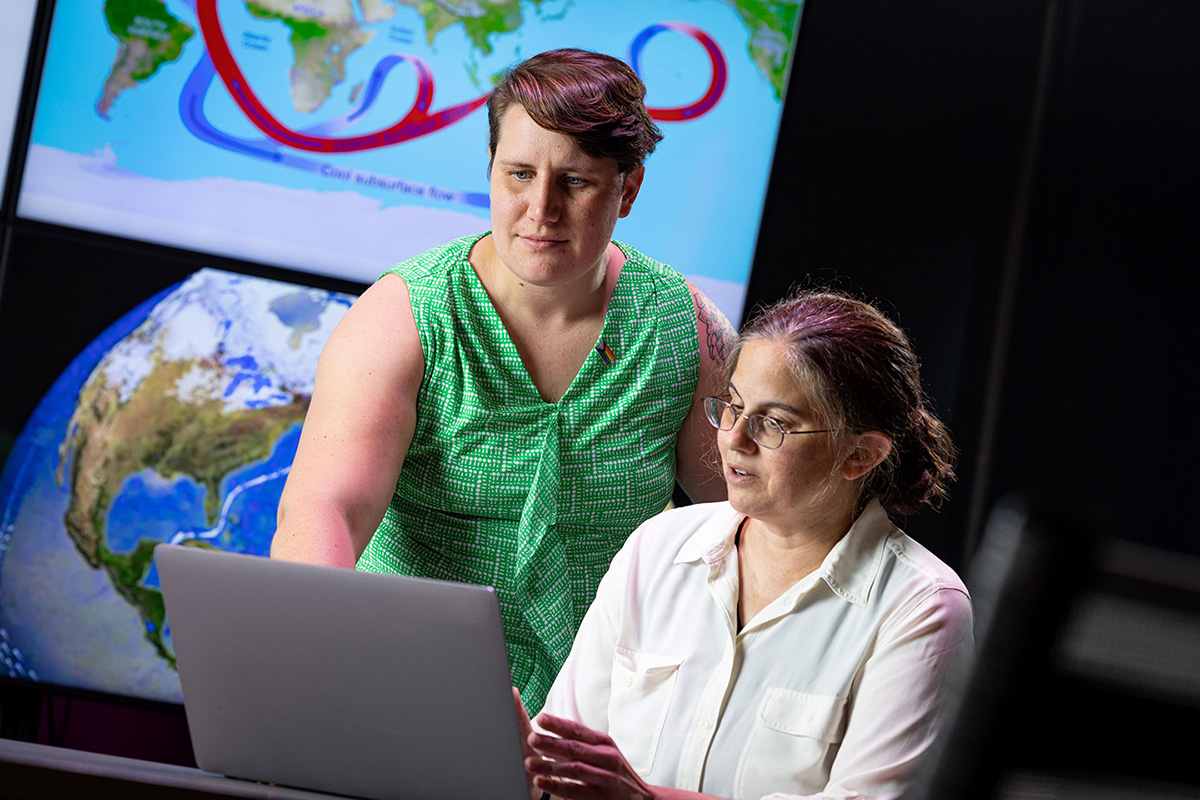
AI for Tipping Point Discovery
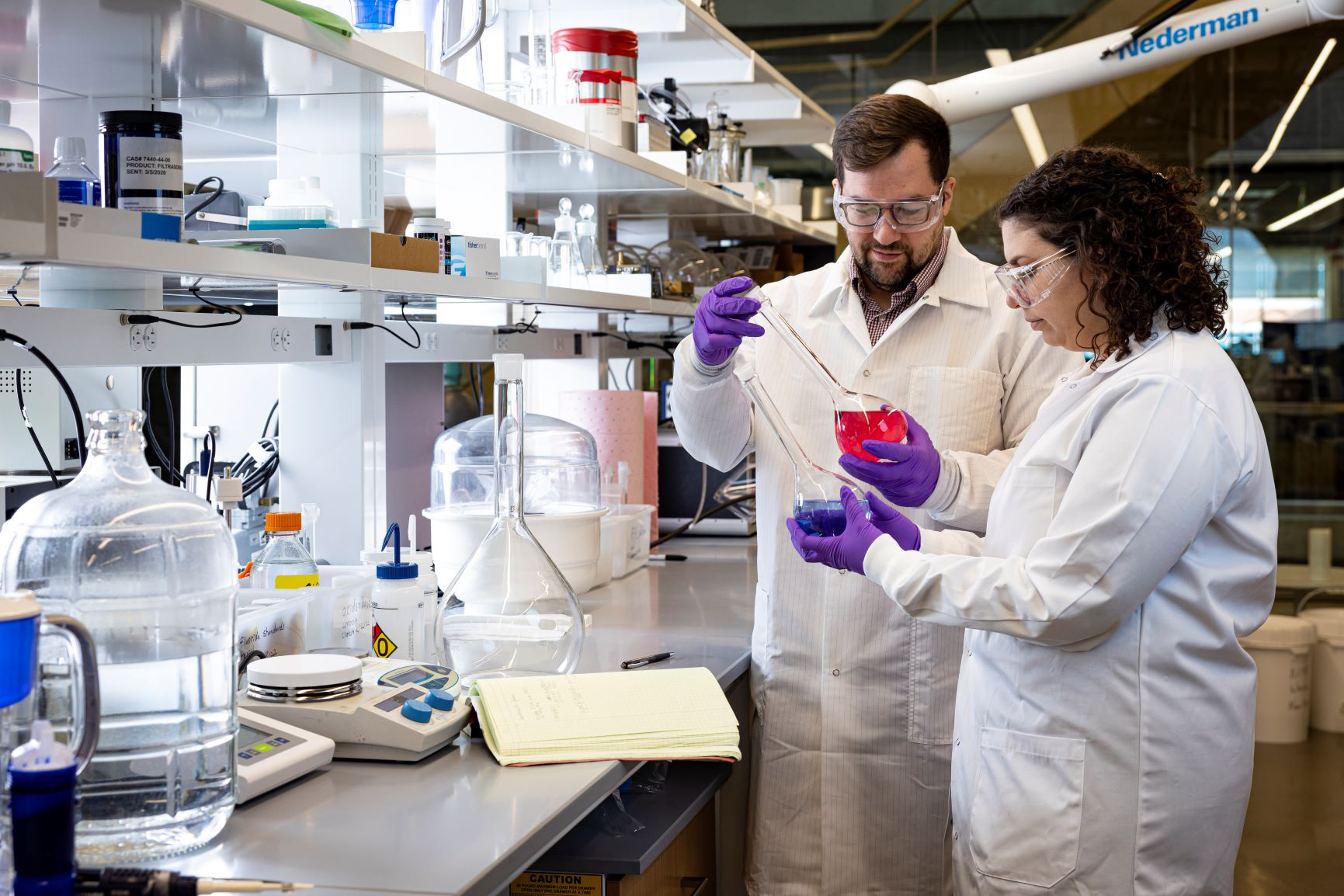
Eliminating Forever Chemicals
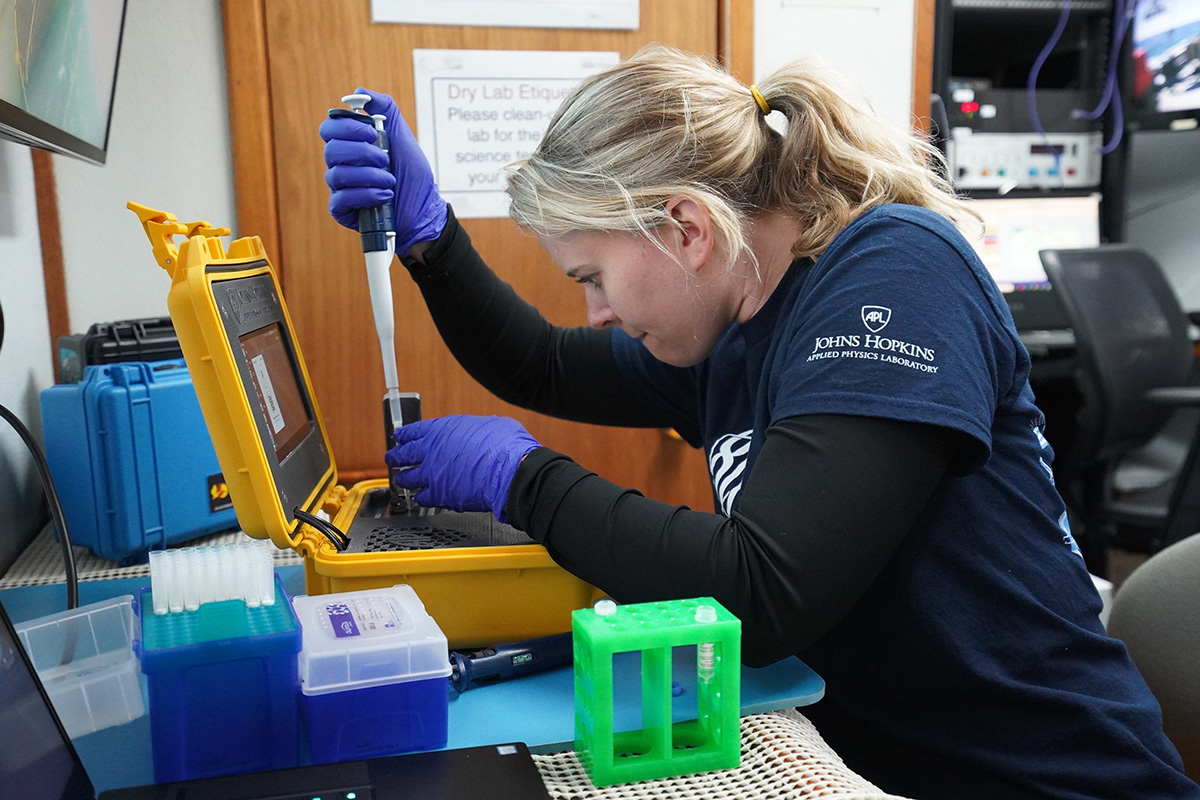
Enlisting eDNA to Understand Ecosystems


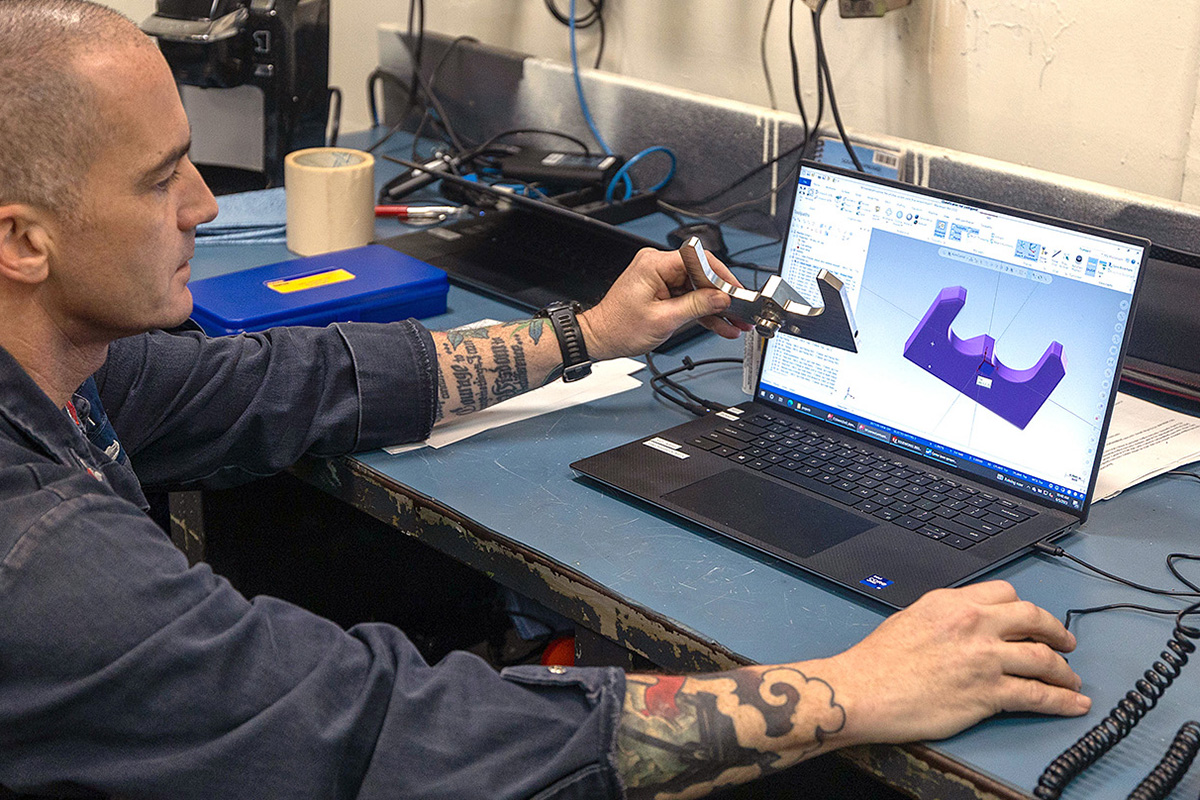
Sailors aboard the USS Bataan turned the additive manufacturing at sea concept into reality after successfully fabricating and installing a stainless steel sprayer plate to repair the USS Bataan’s ballasting system. The machinists used a hybrid manufacturing system that was developed and installed on the ship with support from APL and Naval Sea Systems Command, allowing the ship to avoid costly repairs and resume operations.
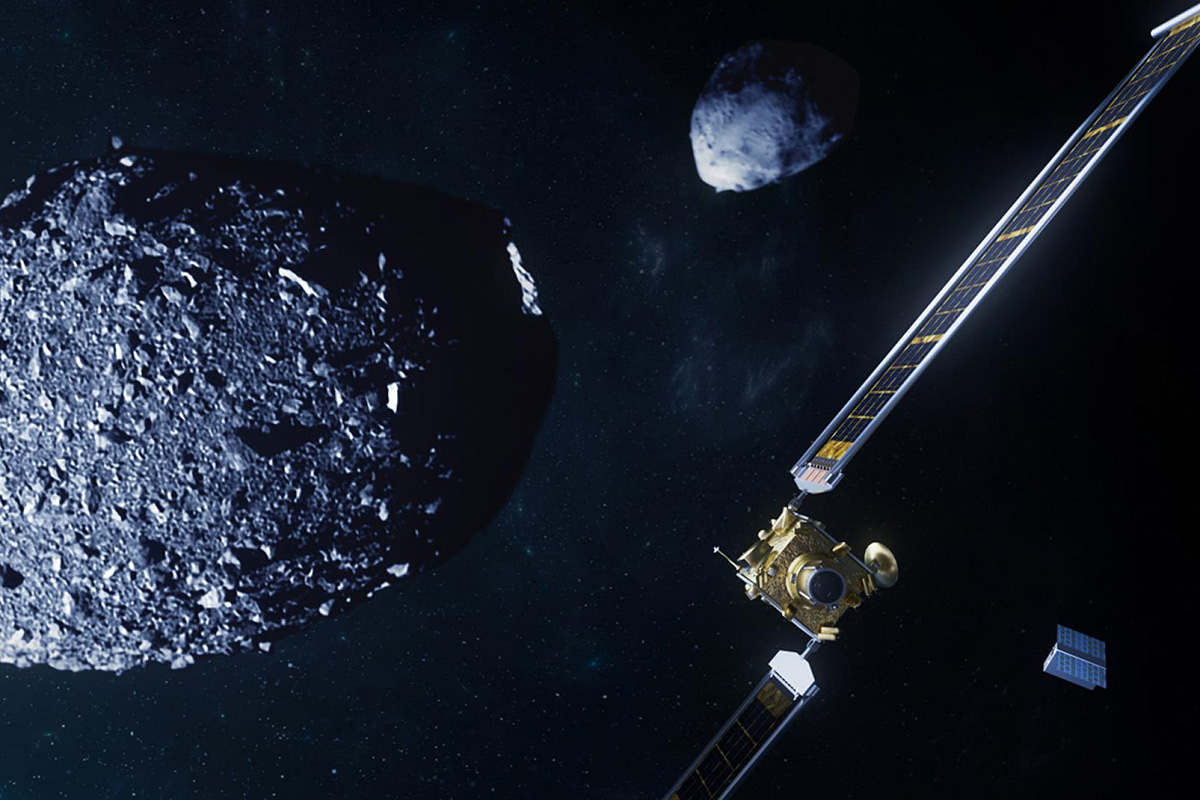
APL envisioned, built, and successfully demonstrated NASA’s Double Asteroid Redirection Test (DART), the world’s first planetary defense technology demonstration, which proved the capability of a kinetic impactor to deflect an asteroid. This revolutionary low-cost spacecraft used APL-developed and modified air and missile defense algorithms to autonomously target and intercept an asteroid almost 7 million miles from Earth, changing its orbit period by 32 minutes, and providing humanity with a proven solution for planetary defense.
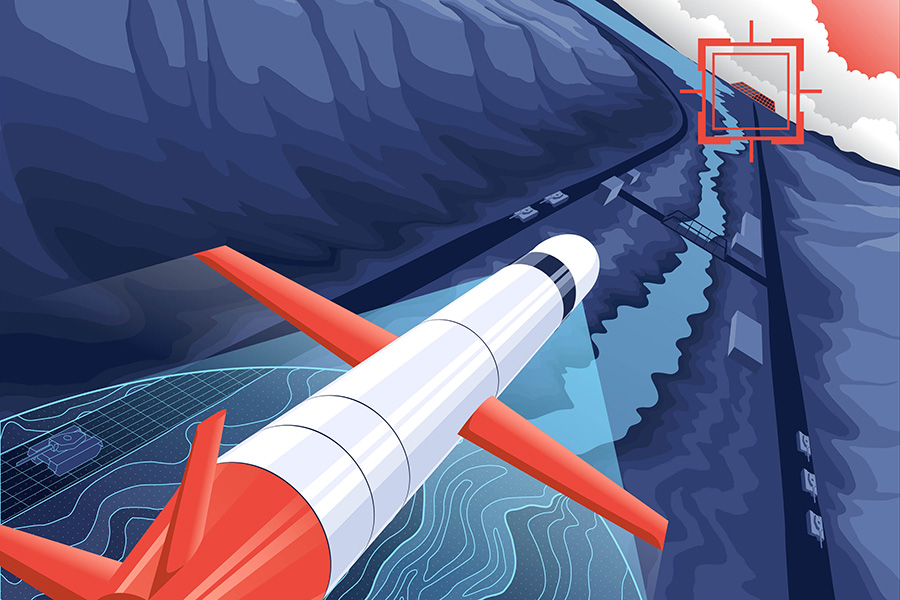
The Navy came to APL to ensure that the then-new Tomahawk long-range cruise missile could navigate itself through heavily defended environments and strike specific targets, and APL engineers applied terrain contour matching (TERCOM) technology to enable this capability. When even greater accuracy was needed, APL developed the performance prediction algorithms needed to apply digital scene matching area correlator (DSMAC) technology. Tomahawk—enabled by TERCOM and DSMAC—became the world’s first long-range, autonomous, precision-guided weapon, and remains one of the most accurate and effective strike weapons in the U.S. arsenal. In an era of GPS-denied environments, the un-jammable TERCOM and DSMAC systems remain operational on Tomahawk for use when GPS is not available.

APL is making critical contributions to the development of cislunar infrastructure to ensure our nation’s security interests are protected, support development of a sustainable cislunar presence, and advance pioneering science.

APL researchers have established new, scalable methods of developing battery- and solar-powered fibers, making it theoretically possible for electrical energy to be harvested from, and stored in, the clothing people wear.
Below is a sampling of APL’s critical contributions to critical challenges. Projects and missions are displayed in alphabetical order.
Filter projects and missions by area of impact, mission area, or both.
This website uses cookies to measure traffic and improve your experience. View our Privacy Policy to learn more.